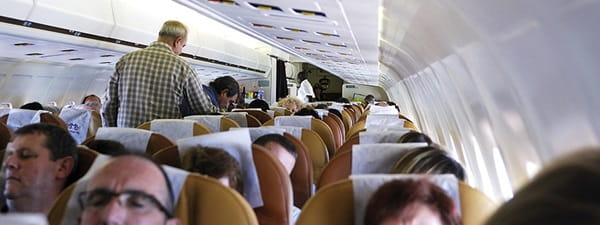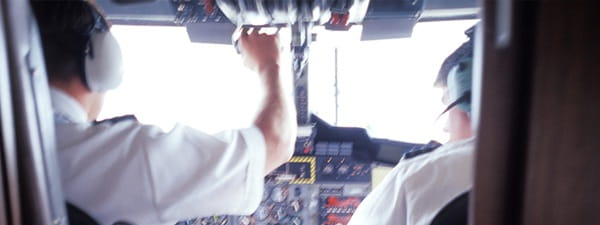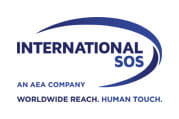Aviation
For every pilot, ensuring the safety of passengers and crew is always the number one priority.
This makes passenger health and fitness-to-fly a key issue for every flight. When a mid-air medical emergency does take place, the individual concerned is often just one of the many people who are directly affected. Any decision to divert for medical assistance inevitably involves all the additional risks associated with an unplanned landing, not to mention significant financial costs and considerable inconvenience.For these reasons, preventing an in-flight emergency from occurring in the first place is invariably the most desirable solution. We believe the best response is to have in place well-trained crew members who immediately know what practical action to take. In addition, they must also have immediate access at all times to the best possible professional advice on the ground.
In the instance that an emergency diversion is required, flight crew need to know which airport to go to for the best and most relevant professional expertise.
Protecting your passengers is our priority
Ensure the safety of your passengers and crew at all times. Our specialist teams can help you to prevent in-flight medical emergencies. If an issue does arise, we can provide you with immediate access to unrivalled professional advice on the ground, 24/7.
To ensure the greatest possible relevance to your needs, our services have been developed by experienced aviation professionals. Our experts have worked for leading airlines in areas from regulatory compliance and crew training to policies & procedures and in-house medical departments.
Specialist services
Starting pre-flight, we can provide your airline personnel with an accurate assessment of a passenger’s medical fitness-to-fly – an action that may prevent an in-flight event and diversion from taking place at all. The process begins with a phone call based on our Medical Guidelines for Air Travel in conjunction with an airline’s protocols. During this, our dedicated nurses are on hand to help your crew with all things health related – e.g. ask questions that crew members may not feel comfortable asking passengers.
Our seasoned medical professionals also deliver training for crews, based on aviation regulatory standards, that helps them recognise and manage illness, use all onboard medical equipment including defibrillators, and administer CPR.
And when a diversion is required, our in-depth and constantly updated knowledge of the medical response capabilities of over 5,000 airports across the world can help the crew choose the best destination for the patient’s specific condition.


